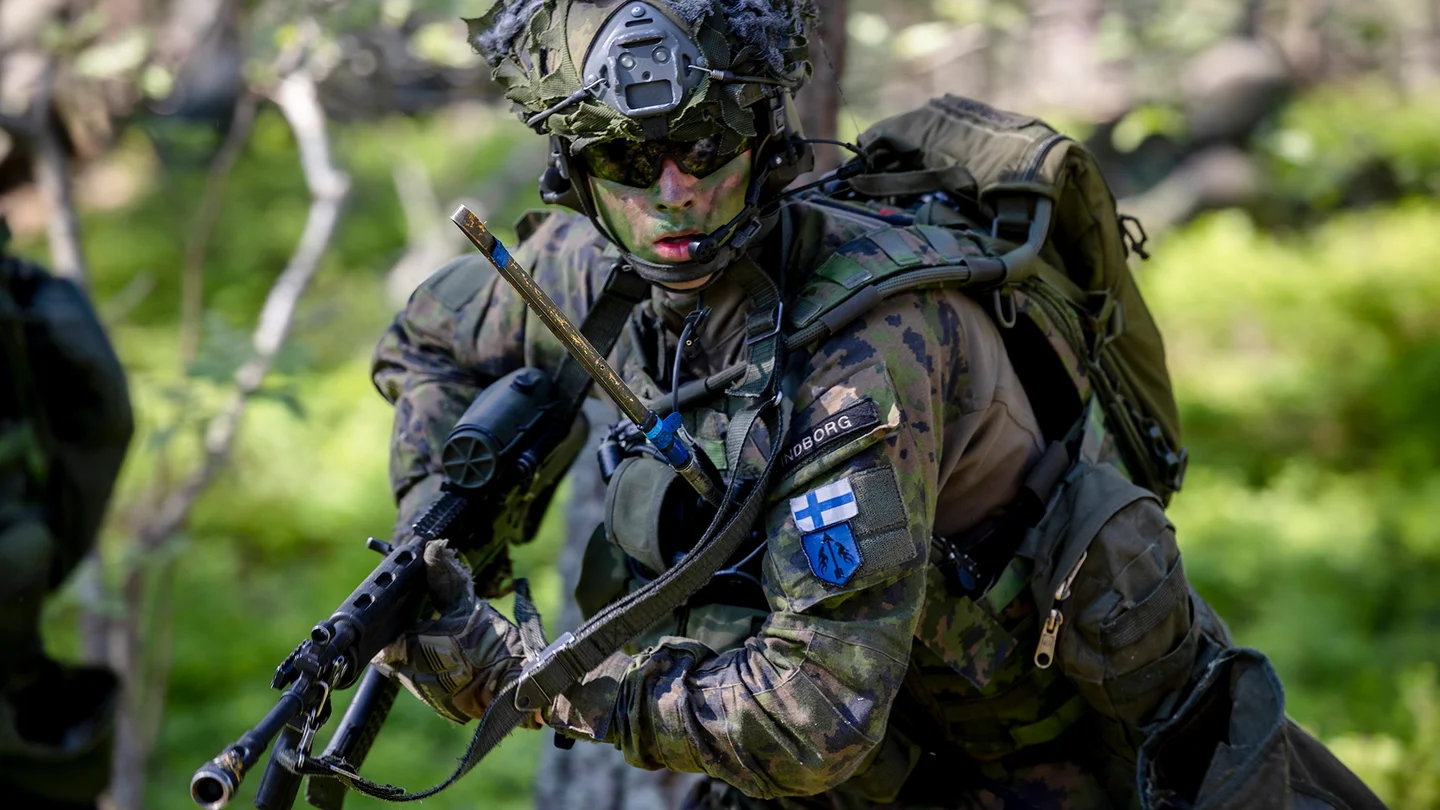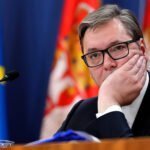The statement from Finnish Foreign Minister Elina Valtonen opens a nuanced chapter in the international discourse regarding military support for Ukraine amid its ongoing conflict with Russia. The possibility of deploying foreign troops to Ukraine, while currently deemed unnecessary by Valtonen, introduces a complex layer of strategic considerations for NATO and its allies. The ambiguity surrounding the potential extent of Western support for Ukraine has been a topic of considerable speculation and debate.
French President Emmanuel Macron’s comments in March, suggesting that the deployment of Western troops to Ukraine could not be categorically ruled out, further intensify this debate. Macron’s careful navigation of the subject indicates a deliberate attempt to maintain strategic ambiguity, potentially as a deterrent against further Russian aggression. This stance, however, also underscores the delicate balance that Western allies must strike between supporting Ukraine and avoiding actions that could escalate the conflict into a broader war with Russia.
Valtonen’s remarks, aligning with Macron’s cautious stance, reflect a shared understanding among European leaders of the gravity and sensitivity of the situation. The emphasis on not ruling out any options in the long term highlights a commitment to adapting their approach based on evolving circumstances. It’s a recognition of the unpredictable nature of the conflict and the importance of preserving a range of strategic responses.
The concept of deploying troops, even if not currently under active consideration, serves as a signal of the depth of commitment that some European countries are prepared to offer Ukraine. It also presents a myriad of challenges, including the potential for direct confrontation with Russian forces and the implications for international law and sovereignty.
Moreover, this discourse takes place against the backdrop of Finland’s recent NATO membership, a move that has significant security implications for the Nordic country and the alliance as a whole. Finland’s position, shared by its Foreign Minister, comes from a place of heightened awareness of the security dynamics in the region, particularly in light of its geographical proximity to Russia.
In conclusion, while the immediate deployment of foreign troops to Ukraine is not on the agenda, the ongoing dialogue among European leaders about the limits and nature of support for Ukraine underscores the complexity of the conflict. It reveals a strategic calculus that seeks to balance deterrence, support for Ukraine, and the avoidance of a direct military conflict with Russia. The international community remains in a precarious balancing act, navigating a landscape fraught with geopolitical risks and the imperative to uphold international norms and the sovereignty of nations.







